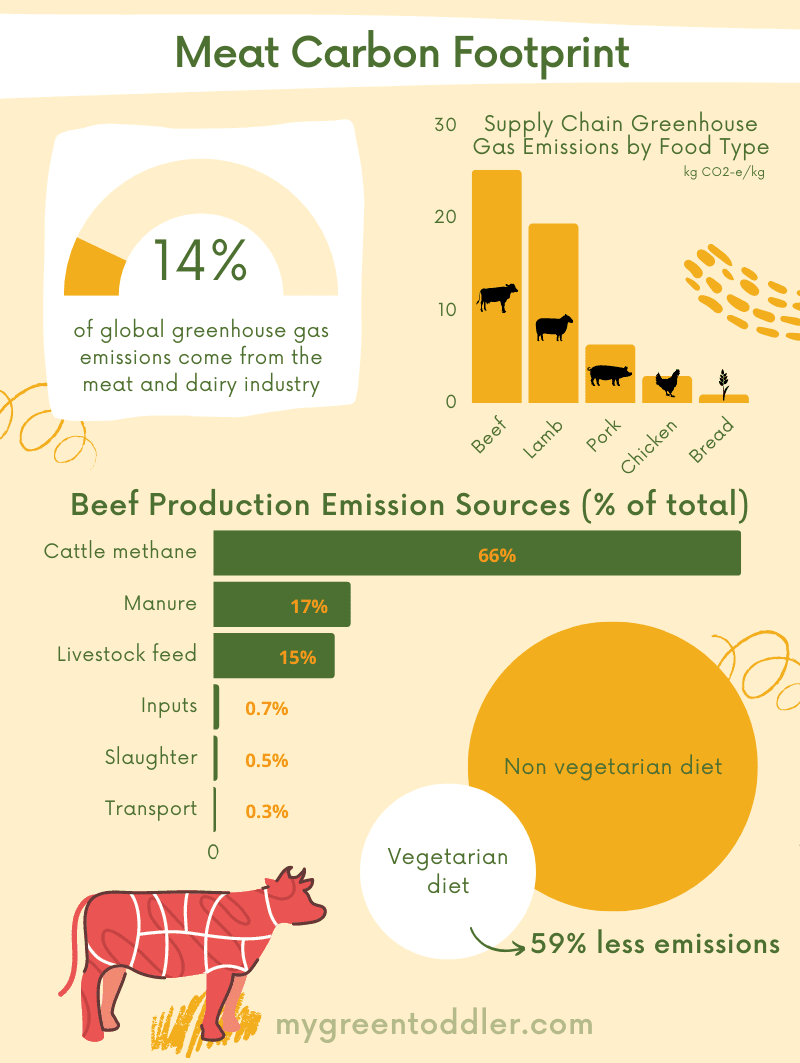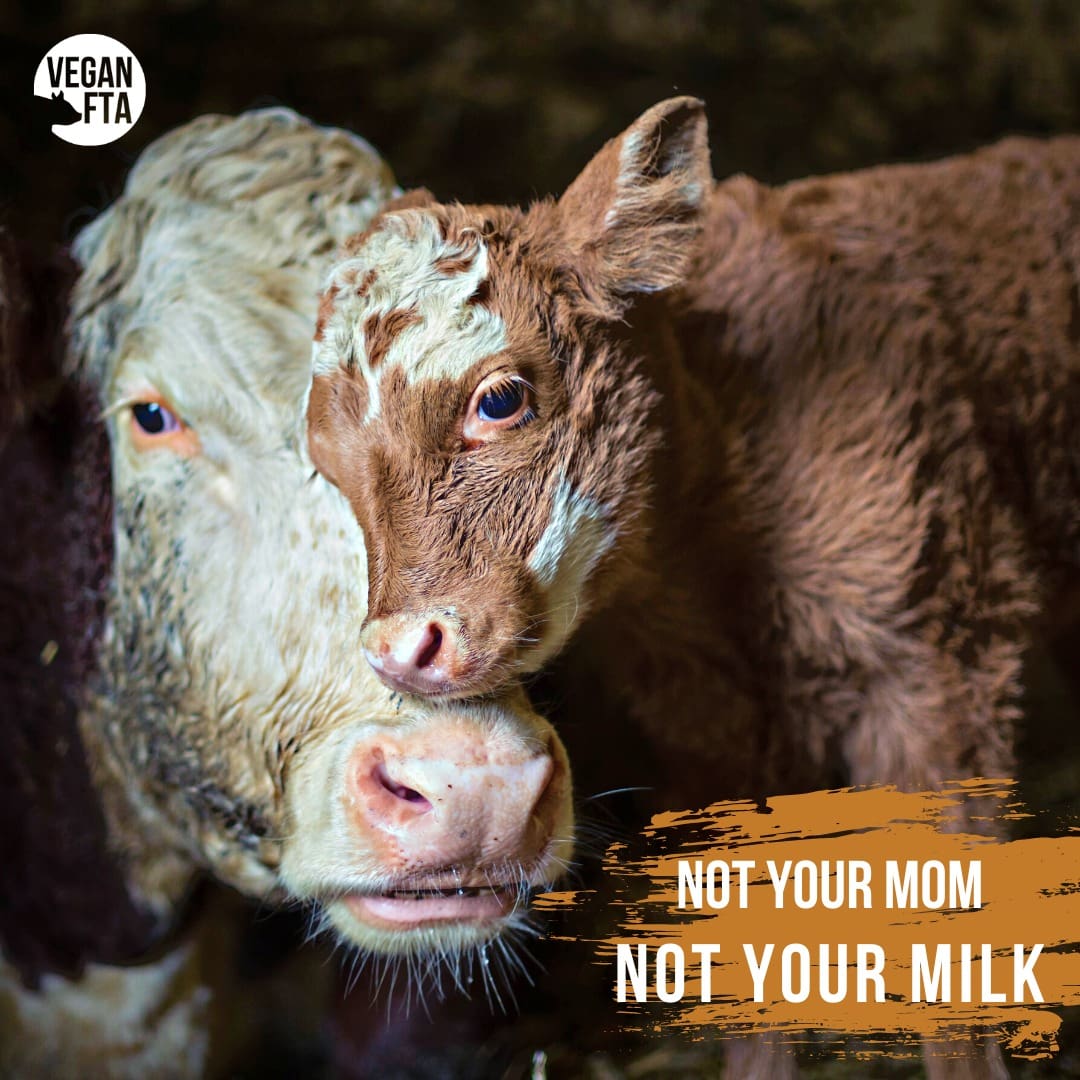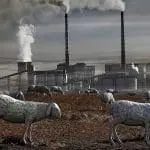The meat and dairy industry has long been a controversial topic, sparking debates over its impact on the environment, animal welfare, and human health. While it is undeniable that meat and dairy products play a significant role in our diets and economies, the increasing demand for these products has raised concerns about the ethical implications of their production. The use of factory farming, questionable animal treatment, and the depletion of natural resources have all been called into question, leading to an ethical dilemma for consumers and the industry as a whole. In this article, we will explore the various ethical dilemmas surrounding the meat and dairy industry, delving into the complex relationship between food production, ethics, and sustainability. From the perspectives of animal welfare, environmental impact, and human health, we will examine the key issues and ethical considerations that are at the heart of this industry’s controversy. It is crucial to understand and address these ethical challenges in order to make informed choices about our food consumption and ensure a more sustainable future for all.
Animal welfare in factory farming
Factory farming has long been a topic of debate and concern when it comes to animal welfare. With the goal of maximizing productivity and minimizing costs, animals in factory farms are often subjected to cramped and unsanitary conditions, limited access to natural behaviors, and routine use of antibiotics and hormones. These practices raise ethical concerns about the well-being of animals and the long-term effects on their health. Furthermore, the intense focus on efficiency and profitability sometimes results in the neglect of individual animal needs and the prioritization of mass production over animal welfare.

Environmental impact of meat production
The production of meat, particularly through intensive industrial practices, has a significant environmental impact. The high demand for meat has led to deforestation, as vast areas of land are cleared to make way for livestock grazing and feed crops. This deforestation contributes to the loss of biodiversity and the release of large amounts of carbon dioxide into the atmosphere. Additionally, the meat industry is a major contributor to greenhouse gas emissions, with livestock accounting for a significant portion of methane emissions, a potent greenhouse gas. The extensive use of water resources in meat production, from irrigating feed crops to providing animals with drinking water, further strains freshwater supplies in many regions. Moreover, the runoff from farms, containing excess nutrients and animal waste, pollutes waterways and contributes to the formation of harmful algal blooms. Recognizing the environmental impact of meat production is crucial in promoting sustainable and environmentally friendly alternatives.

The rise of plant-based alternatives
As consumer awareness of the environmental impact of meat and dairy production grows, there has been a significant rise in the popularity of plant-based alternatives. These alternatives, such as plant-based meats, dairy-free milks, and vegan cheeses, offer a sustainable and ethical choice for individuals looking to reduce their reliance on animal products. Not only do plant-based alternatives require fewer natural resources to produce, but they also have a lower carbon footprint compared to traditional meat and dairy products. This shift towards plant-based alternatives is not only driven by environmental concerns but also by the increasing demand for healthier and more ethical food options. As a result, we are witnessing a market expansion in the plant-based industry, with more companies investing in research and development to create innovative and delicious plant-based alternatives that appeal to a wide range of consumers. This rise of plant-based alternatives reflects a growing movement towards more sustainable and compassionate choices in our food system.
Health concerns surrounding meat consumption
Numerous health concerns have been associated with the consumption of meat. Research has shown that excessive intake of red and processed meats can increase the risk of various health conditions, including heart disease, high blood pressure, certain types of cancer, and obesity. These risks are primarily attributed to the high saturated fat and cholesterol content of meat products. Additionally, processed meats often contain harmful additives, such as nitrates and nitrites, which have been linked to an increased risk of certain cancers. Moreover, the use of antibiotics and hormones in livestock farming practices raises concerns about the potential transfer of these substances to consumers, contributing to antibiotic resistance and hormonal disruptions. As a result, individuals are increasingly considering alternative dietary choices that prioritize plant-based sources of protein, which have been associated with various health benefits, including reduced risk of chronic diseases.
Ethical considerations for dairy production
Ethical considerations for dairy production encompass a range of concerns regarding animal welfare, environmental impact, and sustainability. In the dairy industry, there are questions surrounding the treatment of cows, particularly in regards to confinement practices and the separation of calves from their mothers. Additionally, the use of hormones and antibiotics in dairy farming raises concerns about the potential health effects on both animals and consumers. From an environmental standpoint, dairy production contributes to greenhouse gas emissions, water pollution, and deforestation due to land use for feed crops. As consumers become more conscious of these ethical considerations, there is a growing demand for transparency and responsible practices in the dairy industry, leading to an increased interest in alternative options such as plant-based milk alternatives and ethical dairy farming methods.

Personal responsibility as a consumer
Consumers also have a significant role to play in addressing the ethical dilemma of the meat and dairy industry. Personal responsibility as a consumer involves making informed choices and actively seeking out products that align with one’s ethical values. This can include opting for products from farms that prioritize animal welfare, sustainable farming practices, and transparent supply chains. By researching and supporting ethical and sustainable brands, consumers can send a powerful message to the industry that these values matter. Additionally, reducing meat and dairy consumption or exploring alternative plant-based options can contribute to a more sustainable and compassionate food system. Ultimately, personal responsibility as a consumer empowers individuals to make a positive impact and be conscious of the ethical implications of their purchasing decisions in the meat and dairy industry.
In conclusion, the meat and dairy industry presents a complex ethical dilemma that cannot be ignored. From the treatment of animals to the impact on the environment and human health, there are many factors to consider. As consumers, it is important to educate ourselves and make informed choices about the products we support. And as an industry, there is a responsibility to prioritize ethical practices and work towards more sustainable and humane methods.
FAQ
What are the main ethical concerns surrounding the meat and dairy industry?
The main ethical concerns surrounding the meat and dairy industry include animal welfare, environmental impact, and public health. Animals raised for food often experience inhumane conditions and practices, such as confinement, mutilation, and early separation from their young. The industry’s environmental footprint is significant, with deforestation, water pollution, and greenhouse gas emissions contributing to climate change. Additionally, the consumption of meat and dairy products has been linked to various health issues, including heart disease and certain types of cancer. These ethical concerns have prompted calls for more sustainable and compassionate alternatives to traditional meat and dairy production.
How do factory farming practices contribute to the ethical dilemma of the meat and dairy industry?
Factory farming practices contribute to the ethical dilemma of the meat and dairy industry by raising concerns about animal welfare. Animals are often confined in small, overcrowded spaces, which can lead to health issues and stress. They are also subjected to practices such as debeaking, tail docking, and dehorning without anesthesia. Additionally, factory farming contributes to environmental problems like pollution and deforestation. The high demand for meat and dairy products also drives the need for intensive farming methods, further exacerbating these ethical concerns.
What are the potential environmental consequences of the meat and dairy industry, and how do these impact the ethical considerations?
The meat and dairy industry has significant environmental consequences, including deforestation, greenhouse gas emissions, water pollution, and biodiversity loss. These activities contribute to climate change, habitat destruction, and depletion of natural resources. From an ethical standpoint, these consequences raise concerns about the welfare of animals, as well as the sustainability and fairness of our food production system. The intensive farming methods used in this industry often prioritize profit over animal welfare, which conflicts with ethical considerations of compassion and justice. Additionally, the environmental impacts of this industry disproportionately affect marginalized communities and future generations, exacerbating social and intergenerational inequities.
Can the ethical concerns of the meat and dairy industry be addressed through alternative farming practices such as organic farming or plant-based alternatives?
Yes, alternative farming practices such as organic farming and plant-based alternatives can address some of the ethical concerns associated with the meat and dairy industry. Organic farming promotes more humane treatment of animals by ensuring they have access to pasture and are not subjected to hormones or antibiotics. Plant-based alternatives eliminate the need for animal exploitation altogether, reducing concerns related to animal welfare. Additionally, adopting these practices can also address environmental issues associated with the meat and dairy industry, such as deforestation and greenhouse gas emissions. However, it is important to acknowledge that there may still be other ethical concerns that need to be addressed within the broader food system.
How do consumers’ choices and purchasing habits impact the ethical dilemma of the meat and dairy industry?
Consumers’ choices and purchasing habits have a significant impact on the ethical dilemma of the meat and dairy industry. By choosing to buy products from sources that prioritize animal welfare and sustainable practices, consumers can contribute to reducing the demand for factory farming and encourage more ethical practices in the industry. Additionally, consumers can opt for plant-based alternatives, reducing their reliance on animal products and thereby reducing the environmental impact. Ultimately, consumers hold the power to drive change in the industry by making informed choices that align with their ethical beliefs.















































